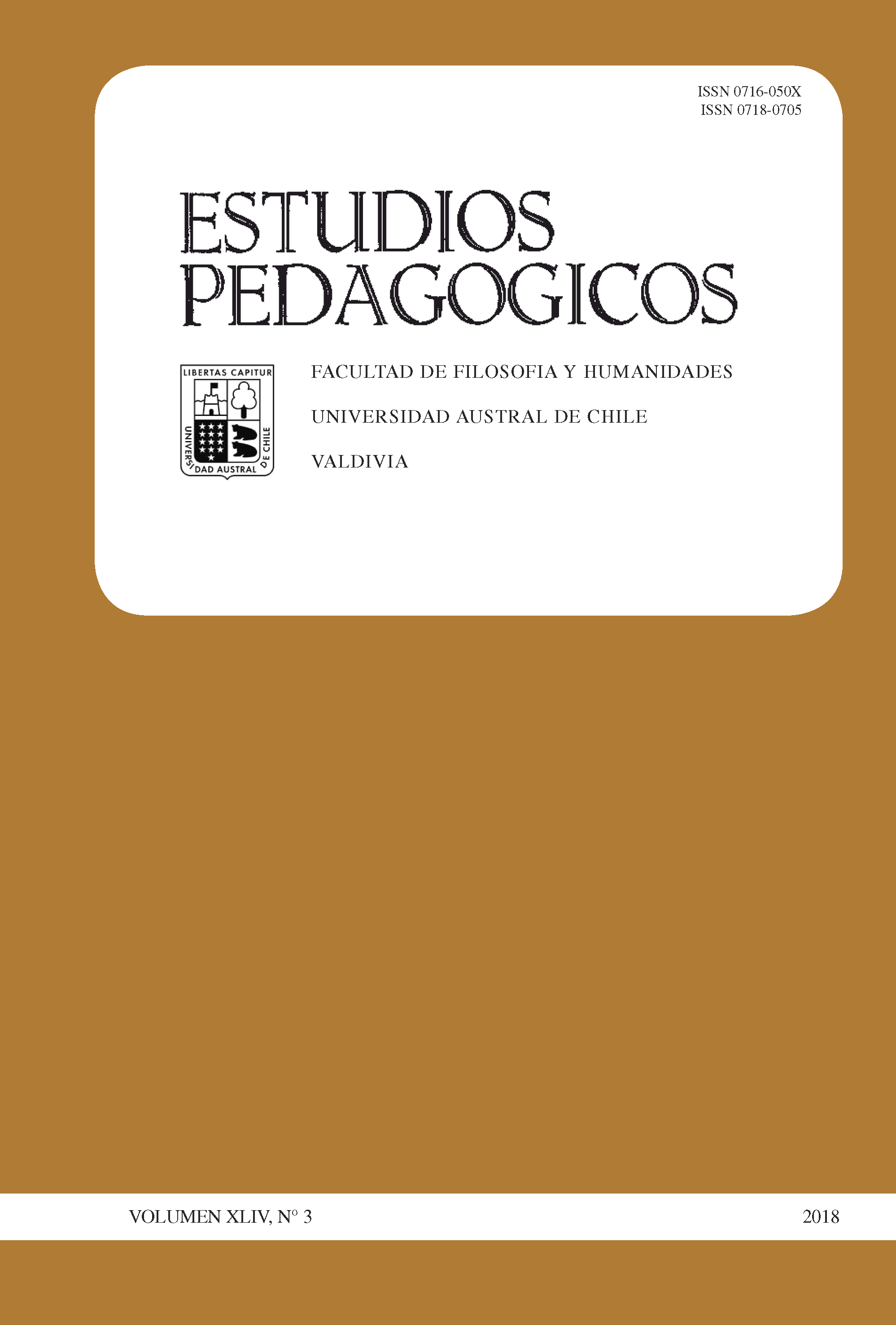Analysis of the characteristics of family education with vulnerable collectives
Main Article Content
Abstract
This article identifies, on the one hand, the exclusionary elements that make difficult the participation of families from vulnerable collectives (specifically Roma, immigrant and with low socio-educational levels families) in the educational programmes offered by primary schools. On the other hand, it identifies the characteristics that overcome such difficulties, offering second educational chances to these collectives. Among the provided elements it is stressed the importance of offering a quality learning oriented to the promotion of educational and social opportunities for all relatives. Besides, it is emphasised the importance of promote a learning based on scientific evidences, that facilitates the accreditation of knowledge through valid degrees as well as the promotion of opportunities for family conciliation.

